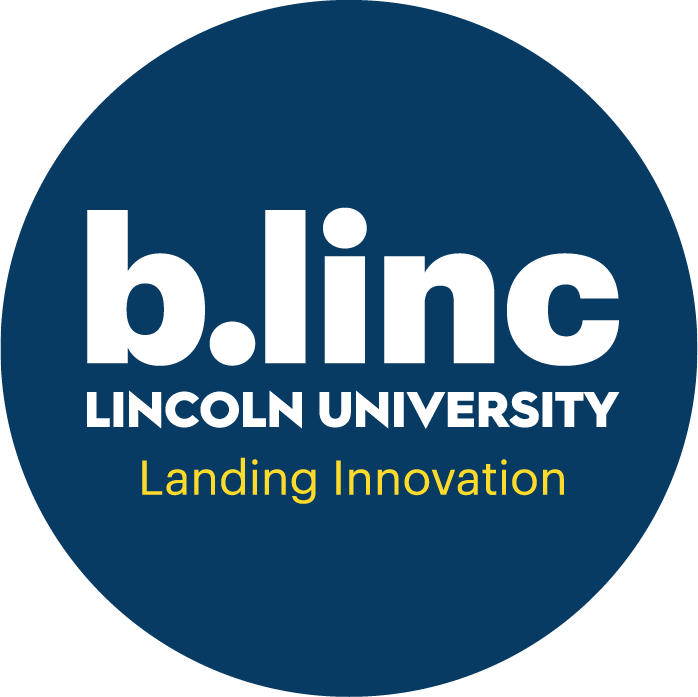Are community vegetable gardens proof that the urban rural divide is slowly diminishing?
Two generations ago, most New Zealanders had some connection to farming or the land through close or extended family. In 2021, though, most of us are almost completely detached from the realities of producing food at scale. Maybe that’s one of the reasons why there’s such a huge rural-urban divide, and why farmers feel so under attack.
If New Zealand is going to move towards a more sustainable primary sector, then media, politicians and fringe groups need to stop stoking division, embracing urban agriculture as part of future commercial developments in regional centres across New Zealand.
Join us to hear from three speakers who share their thoughts on the reasons for the divide, what this means for the ag industry and how we can go about bridging the divide.
Timings:
9.00am : Welcome & introduction from Blinc
9.10am : Keynote address 1 – Hugh Campbell, University of Otago
What is the urban rural divide and why does it exist? What is happening to try and dimmish this? Can the common goal of a sustainable future be enough to bridge the gap?
9.25am : Keynote address 2 – Charles Merfield, BHU Future Farming Centre
Explain some of the practical and effective physical, biological and ecological solutions to agricultural challenges.
9.40am : Keynote address 3 – TBC
What opportunities exist in Christchurch for urban agriculture / community gardens? What is the government doing to try to enable a more sustainable future for the primary sector?
9.55am : Keynote address 4 – Bailey Perryman
What does it mean to be an urban farmer? Share your journey in establishing your regenerative urban farm? What was involved in shifting consumer opinions? How can local communities become involved?
10.10am : Panel discussion/Interactive Q&A session with audience
10.30am : Speaking finishes, networking in breakout rooms
11.00am : Event finishes
Introducing our speakers
Professor Hugh Campbell, University of Otago.
As a researcher, Hugh has published work on the social and economic dynamics of ‘greening’ food systems, the politics of sustainability under neoliberal governance, achieving sustainability via audits, food waste, transitions in agriculture and food systems in New Zealand, and theories of global food regimes.
In 2020, he published a book on the agency of farms in the colonisation of New Zealand, the creation of modernist farming as the dominant for of land-use in New Zealand, and the many ways in which alternatives to modernist farming are emerging.
Dr Charles Merfield, BHU Future Farming Centre
Dr Charles Merfield, better known ‘Merf’ is the head of the BHU Future Farming Centre which is hosted by Lincoln Uni and Merfield Agronomy Ltd. He has over 30 years experience in sustainable agriculture / agroecology; as an organic vegetable grower, on-farm consultant, extension agent and scientist. He is a generalist in that he covers all aspects of crop and pasture production from soils, crops, pests, diseases, machinery and farm systems. His speciality is non-chemical weed management. He therefore acts as a bridge between the worlds of farming and research, helping farmers understand and navigate the science system and helping his academic colleagues understand the farming world. He also bridges the often siloed academic system working in trans- and multi-disciplinary projects.
Bailey Peryman
Bailey is a leading figure in local food systems and urban agriculture in Aotearoa. Following studies in Environmental Management and Professional Planning at Lincoln University, Bailey gained ten years experience in building community-based food resilience initiatives (Cultivate Christchurch, Urban Farmers' Alliance). He is now on a scholarship working towards a PhD (Architecture) at Auckland University of Technology, exploring systems change in an era of ecological and social emergency (funded through the National Science Challenge - Better Homes, Towns and Cities). Bailey's research supports his ongoing interest in urban agriculture/agroecologies: reimagining urban organic waste infrastructures that prioritise soil health, biodiversity and feeding communities. The research is practice-based and involves developing composting methodologies and localised organics systems for common urban organic residues - some of which are still considered as 'waste'. In partnership with Kaupapa Māori-led communities here in Ōtautahi, collective actions center on regeneration of 30 hectares within the Red Zone. The site has high cultural significance for Mana Whenua, Ngāi Tūāhuriri, that includes a history of food growing, harvesting, trading and much more. While the practice-based approach means the work is politically engaged, the focus is currently about supporting whānau to restore connections to the natural world. Bailey is also a busy family man and a keen surfer.
Click here to see more events



